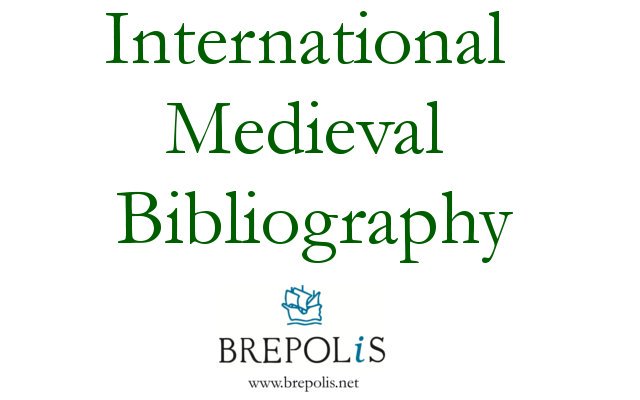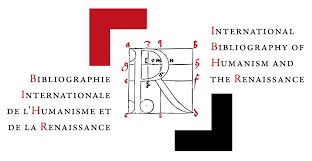Novels about the “erased”: The social-critical discourse in Slovenian prose of the 2010s
DOI:
https://doi.org/10.31168/2073-5731.2021.3-4.4.05Keywords:
Contemporary Slovenian novel, socio-critical discourse, the theme of the “erased”, empathic experience, collective guiltAbstract
The increasing attention that writers pay to the consequences of cardinal political and sociocultural changes in the life of Slovenia is one of the trends observed in the national prose in the first decades of the 21st century, indicating that the socio-critical discourse has been gradually returning to literature. At this time one of the most pressing problems of independent Slovenia comes to the attention of novelists’ field of vision — that is, the fate of the so-called “erased”, persons with Yugoslav passports, who at the time of the proclamation of sovereignty were living and working in Slovenia and for political and bureaucratic reasons were excluded from the register of its permanent residents. In 1992, the newly proclaimed democratic state deprived them of their citizenship status, that resulted in ethnic cleansing of over 25 thousands of such people. The truth about this “inconvenient” episode has been hushed up or falsified for years. The writers M. Mazzini, P. Glavan and D. Bauck in their novels “Izbrisana” (2014), “Kakorkoli” (2014) and “Konec. Znova” (2015) seek to use the ethical potential of the artistic word to convey the practice of empathic experience. Despite the difference in genre varieties (thriller, social novel, novel with elements of surrealism), all three texts are united by the mimetic method proposed by the authors to overcome the collective trauma and collective guilt through artistic expression. Drawing the readers’ attention to the actual social conflict, writers, each in their own way, seek to destroy the stereotypes of its perception existing in the society.
Received: 28.08.2021.
Citation
Starikova N. N. Novels about the “erased”: The social-critical discourse in Slovenian prose of the 2010s. // Slavic Almanac. 2021. No. 3–4. P. 330–343 (in Russian). DOI: 10.31168/2073-5731.2021.3-4.4.05






